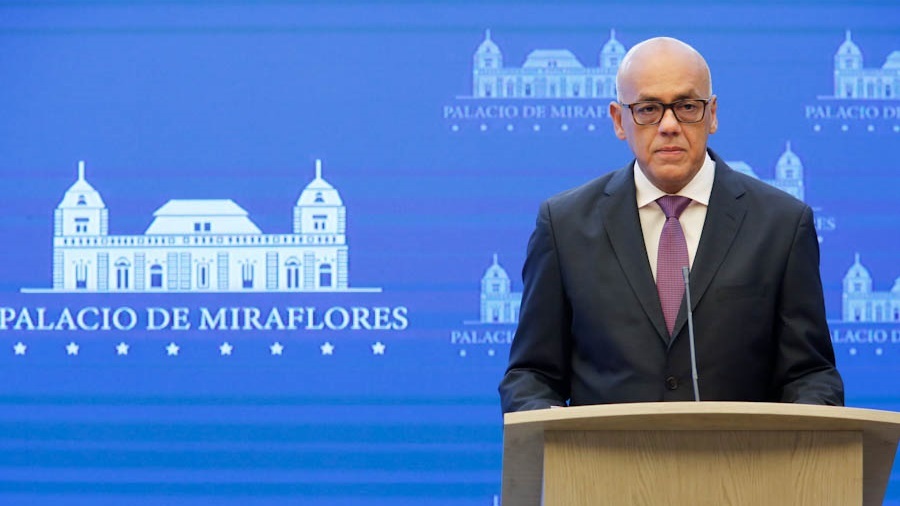On Monday, August 31, President Nicolás Maduro authorized the pardon of over 100 opposition activists who are being investigated or have already been sentenced to crimes relating to acts of destabilization and violence in the country.
The presidential decree was announced by the Minister of Communications and Information, Jorge Rodríguez, who said that it was for the sake of promoting national reconciliation and of engaging in political issues through peaceful methods like the institutional struggle. The pardon of opposition activists would also allow for their participation in electoral processes.
Among the 110 right-wing opposition leaders are 23 deputies, including Freddy Guevara, Mariela Magallanes, Freddy Superlano, Américo de Grazia, Carlos Lozano, Jorge Millán, José Brito, Richard Blanco, Tomás Guanipa, Luis Stefanelli, Carlos Paparoni, Juan Andrés Mejía, Miguel Pizarro and Rafael Guzmán.
The announcement came three months ahead of the upcoming parliamentary elections which are scheduled for December 6. The elections will decide the constitution of the National Assembly, which has been the primary arena of contestant for far-right sectors of the opposition who won a substantial amount of seats in the 2015 elections.
The National Assembly was declared in contempt of court in 2016 over alleged electoral fraud committed by three members in the Amazonas State. The Supreme Court of Justice (TSJ) had called for an investigation into potential electoral fraud. However, the Assembly members proceeded to confirm the election of the three, in violation of the TSJ, and thus the Assembly was declared in contempt of court.
The opposition however has contended that the 2015 elections were the only “legitimate” elections and the Assembly was the only “legitimate” government body. This institutional battle culminated in the president of the National Assembly, Juan Guaidó, declaring himself as “interim president” of Venezuela in 2019.
In the year and a half since that declaration, Guaidó, who was then the face of the united opposition, has lost much of his support. Today, as Venezuela faces one of the most brutal phases of the hybrid war, the opposition has lost faith in Guaidó who continues to encourage instability, violence and support for the regime of brutal economic sanctions and other acts of aggression by the US and its allies against Venezuela.
Guaidó and far-right sectors have rejected the pardons as a bid to legitimize the upcoming elections and have declared that they will not participate. The Venezuelan government is encouraging democratic participation of broad sectors of the opposition in the elections, which is positive for democracy and national reconciliation in Venezuela. Experts have pointed out that refusal of the far-right sectors to participate is more likely due to their fears regarding their declining influence and the loss of a key arena in the form of the national assembly.
Rodríguez said in the press conference, “Every electoral event is an exchange, a dialogue between potential people elected. It is us the Venezuelans who will decide who we elect and who we do not elect.”





